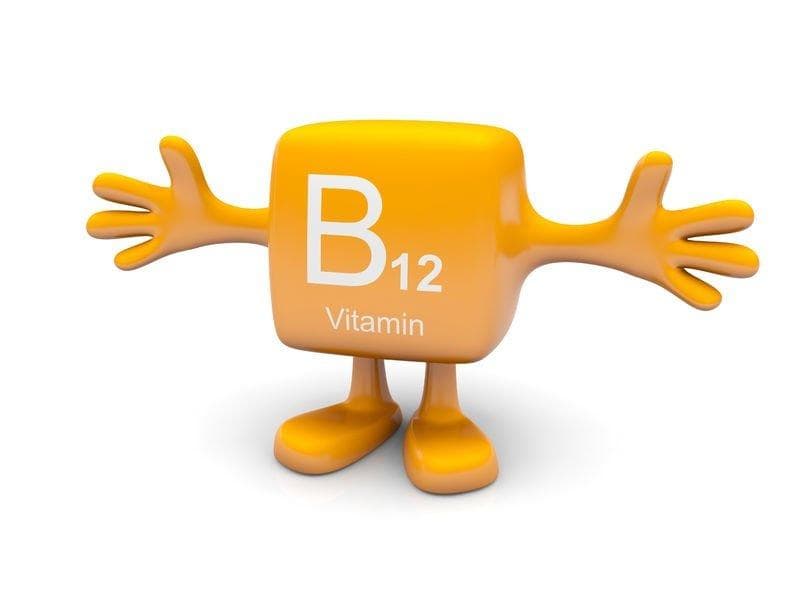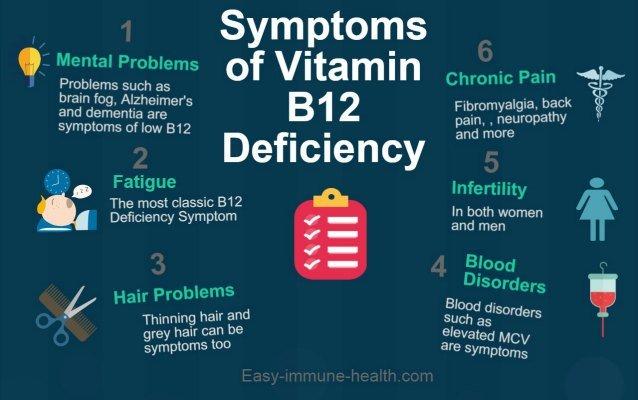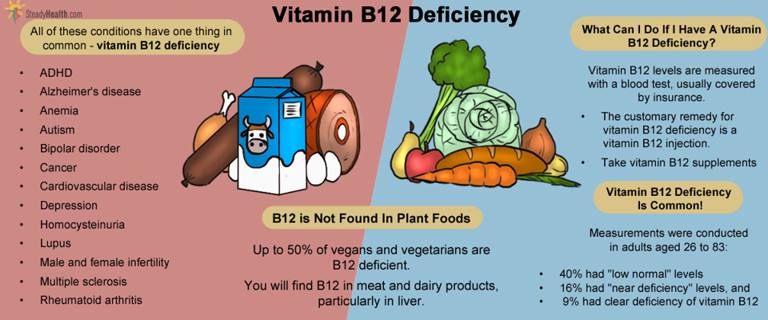That’s a big concern knowing that this vitamin plays a vital role in our health.
So, let’s take this step-by-step.
The magic of Vitamin B12
It’s that energy vitamin everybody talks about. If you want to have energy for the rest of the day, you need to satisfy the B12 deficiency every day.Also, this vitamin is the miracle drug when it comes to weight loss. It’s popular among the medical people who study and work in those weight loss clinics.

This just points out the fact that B12 has a significant role in the function of formation of red blood cells.
Why it’s so much necessary for you?
You have to know that plays a major role in many different and important functions in your body.- Healthy reproductive system in ladies
- Nerve growth and development
- Metabolism of carbs and fat
- Iron absorption
- Normal digestion
- Healthy anxious system
- Formation of red blood cells
- Circulation
- Secretion of adrenal hormonal agent
What are the Risk Groups vulnerable to B12?

The following risk groups need to help the foods and their B12 level by taking supplements every day:
- People with diabetes on Metformin
- Vegans and Vegetarians who don’t have meat in their diets
- Patients suffering from autoimmune conditions
- Individuals aged 60 and over who are sufficient in stomach acid
What are the Signs of Vitamin B12 deficiency?
- Failing to keep your eyes open for a longer period
- Feeling numb and feeling like someone is stabbing you with needles
- Memory Loss
- Feeling dizzy
- Yellow skin
- “Smooth tongue.”
- Vision Problems
- Feeling anxious and tearful
What are the Reasons for the B12 shortage?

- Excessive coffee intake (15% less vitamin B12 if you drink more than four coffees a day)
- Stomach bypass weight reduction
- The lack of “intrinsic aspect.” A stomach protein your body needs to absorb B12
- Nitrous Oxide
- Antacids
Are there any Dietary Sources of B12?
Of course, there are. All of them are of animal origin as the plants don’t need this vitamin for their metabolic procedures.- Vegan Sources: Tempeh, Nutritional Yeas, Strengthened Coconut Milk
- Eggs: the yolks are rich in all the minerals and vitamins
- Dairy: Yoghurt, Cream Cheese, Home Cheese, Cow’s Milk, Tough and Soft Cheese
- Meat: Turkey, Goat, Lamb, Pork, Chicken, Beef
- Seafood: Cod, Scallops, Shrimp, Tuna, Salmon, Sardines
Most people live in a lie that they consume the needed nutrients with their diet.
No, seriously. How many of you know the origins of whole foods? I can only see a few of you with their hands in the air.
It’s not something that you need to be ashamed off. You just need to read and watch out.
You eat whole and healthy foods knowing that you receive all the needed vitamins and minerals. The fact is, you don’t know if it’s like that.
Let’s take apples for an example.
Some apples have more vitamins than the other apples you’ve bought from a different place. Yes. I’m talking about the same variety of apples.
I’m not saying they are unhealthy. They are. My point here is that even if you are constantly eating whole foods, you might get a nutrient deficiency.

In this article, you will find out about 7 of the most common nutrient deficiencies, how to recognize them and what to do about them.
Are you ready? – Let’s go:
Vitamin D
You know that the sun is the biggest source of Vitamin D, right? – But what do you do when it’s winter and the sun is not the biggest source?People don’t even know they are lacking vitamin D. Researchers revealed that almost 50% of the general population is at risk of vitamin D deficiency.
What are the signs of Vitamin D deficiency?
- Obesity
- Achy Bones
- Feeling blue
- Head sweating
- Poor immune function
- Consume Vitamin D rich foods (sardines, Portabella mushrooms, maitake mushrooms, trout, etc.)
- Vitamin D supplements
- Expose yourself to the sun when it’s possible for short periods of time

Omega-3 Fats
You won’t believe this, but people often avoid Omega-3 Fats because they think it will make them fat.Consuming foods rich in Omega-3 Fats gives exactly the opposite. The Omega-3 Fat anti-inflammatory properties make it essential for every human being.
What are the signs of Omega-3 Fats deficiency?
- Dry and flaky skin
- Chicken skin
- Dandruff
- Soft brittle nails
- Fatigue
- Consume omega-3 rich foods (sardines, wild Alaskan salmon, chia seeds, hemp seeds)
- Supplements
Vitamin K2
This vitamin is essential to structural health. It’s very important, including Vitamin D.I can say that the Vitamin D asks for Vitamin K2 in order to work properly in your body. When one vitamin is lacking, the other can’t work properly.
Vitamin K2 is essential when it comes to healthy tissue renewal, health arteries, bone strength, and blood vessels.
How to deal with Vitamin K2 deficiency?
- Consume fermented food made at home or buy from the local farmers
- Supplements

Magnesium
More than 80% of Americans are deficient in magnesium. That’s a lot.This important mineral plays a huge role in keeping the metabolic function and cardiovascular system healthy. It helps the body kick out all environmental toxins and heavy metals.
Many other antioxidants rely on magnesium. Call it the boss of antioxidants.
What are the signs of magnesium deficiency?
- You should visit a doctor to assess if you have magnesium deficiency
- Consume magnesium rich foods such as seaweed, dark leafy greens, pumpkin seed and sunflower seeds
- Juice your vegetables
- Take regular Epsom salt baths
- Supplements
Vitamin E
Vitamin E is crucial for preventing a dramatic loss of an important molecule found in the brain. At least, this is what has been found in the Oregon State University’s research on Alzheimer’s disease.How to deal with it?
- Consume foods rich in vitamin E like nuts, hazelnuts, walnuts, almonds, pecans, sunflower seeds, olive oil, green vegetables, and legumes.
- Supplements

Vitamin B12
This vitamin is vital when it comes to energy production, blood formation and DNA synthesis.What are the signs of Vitamin B12 deficiency?
- Mood swings
- Mental fog
- Memory problems
- Fatigue
- Muscle weakness
- Consume vitamin B12 rich foods. It’s found in animals like grass-fed beef, snapper, salmon, shrimp, eggs and organic poultry
- Supplements
Choline
Research shows that 90% of the entire US population is deficient in choline.Choline is crucial for brain development and cell membranes health. It’s rich with anti-inflammatory properties that affect memory and muscle control.
What are the signs of Choline deficiency?
- Memory problems
- Brain fog
- Consume foods rich in choline like Brussel sprouts, broccoli, raw milk, wheat germ, beef liver and organic eggs.

I’m not a big fan of supplements. I always want to consume something that is natural.
But, if you have no other choice, supplements could do the trick and prevent deficiency.
Share this with your friends. They need to know, too.



.webp)
